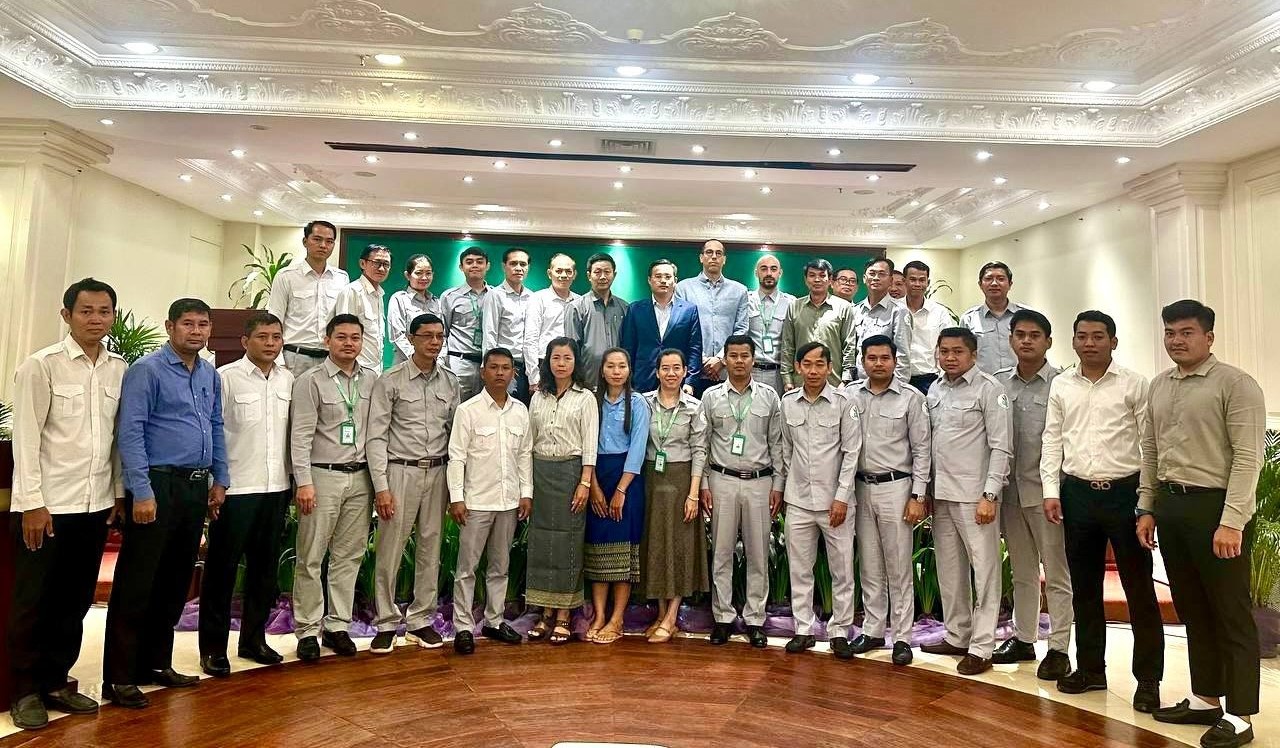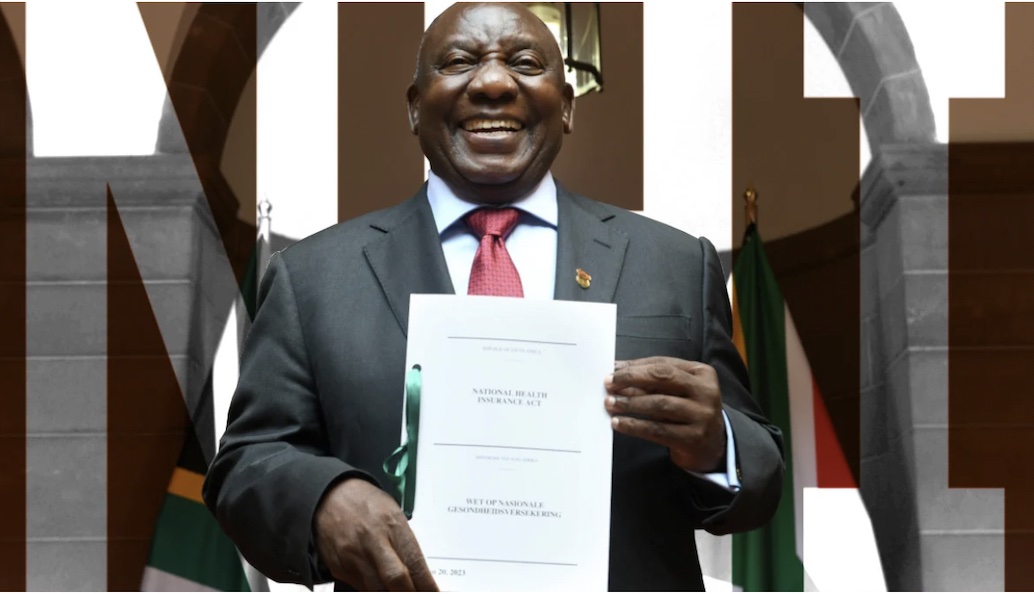One of the major provisions of the Loi d'Orientation Agricole (LOA) is the introduction of specific social protection for the agricultural sector.By including this provision in the LOA, the legislator is correcting a social injustice affecting the agricultural sector,...
Financing universal health care: Premiums or payroll taxes?
This paper evaluates the transition of Germany's hybrid health insurance system to a uniform system, which could be financed through funded or unfunded premiums or payroll taxes. The findings reveal that while payroll taxes offer good insurance properties, they also...

1st regional training workshop on enhancing health equity fund awareness
On 24 June 2024, the National Social Assistance Fund (NSAF), in collaboration with GIZ Cambodia and the P4H Network and presided over by Mr. Hour Tola, Deputy Director General of NSAF, conducted the first of a series of regional training workshop in Siem Reap...

Government reaffirms commitment to NHI amid renewed collaboration efforts
President Cyril Ramaphosa reaffirms the Government’s commitment to National Health Insurance (NHI) with a renewed focus on collaboration with the private sector, aiming to ensure equitable, accessible, and affordable quality healthcare for all South Africans, while...
WHO: new evidence on financial protection in Bulgaria
WHO Regional Office for Europe published a short report titled "Can people afford to pay for health care? New evidence on financial protection in Bulgaria" (2022). The following overview from WHO gives a snapshot of the report's content: This report is the first...
Impact of healthy lifestyle factors on life expectancy and lifetime health care expenditure: Nationwide cohort study
The article "Impact of Healthy Lifestyle Factors on Life Expectancy and Lifetime Health Care Expenditure: Nationwide Cohort Study," authored by Wei-Cheng Lo, Tsuey-Hwa Hu, Cheng-Yu Shih, Hsien-Ho Lin, and Jing-Shiang Hwang, explores the effects of healthy lifestyle...
Inflation Reduction Act of 2022
The Government of the United States of America introduced the Inflation Reduction Act in 2022. Part of this legislation addresses the high cost of drugs to patients by including prescription drug pricing reforms. These measures comprise, among others, lowering...
Economic burden of infectious diseases and its equity implications in Indian households
Infectious diseases remain one of the major causes of health and economic burden for Indian households. The study estimates the equity impact of infectious disease episodes on out-of-pocket expenditure (OOPE) and wage losses among Indian households.

NHIMA launches nationwide registration and card distribution program
In a landmark event in Ndola, the National Health Insurance Management Authority (NHIMA) launched its nationwide registration and card distribution program for new members. This initiative aims to ensure all Zambians can access quality healthcare services under the...

Rethinking Insurance for an Aging Population
As populations age worldwide, increasing attention is being paid to the financial accessibility of long-term care for older people. In the United States of America (USA), long term care benefits for older persons with inadequate means for self-financing, are attached...
Medicare and Medicaid
Medicare and Medicaid social security amendments were passed in 1965. This legislation is the foundation for the two health insurance programs which respectively cover persons over the age of 65 years and people with limited income.
National Health Insurance Scheme customer satisfaction survey report
A study commissioned by NHIMA revealed that despite significant growth in membership and services, NHIMA faces challenges related to service delivery, availability of medical commodities, and information dissemination. Key findings: Membership and accessibility: The...
Actuarial analysis of NHIS and costing of the extension to cash transfer beneficiaries
The analysis shows that NHIS coverage and expenditures will rise significantly from 2023 to 2032, necessitating strategic adjustments to contribution rates and data management. To maintain balance, a 4% formal sector contribution is advised. Expanding coverage to...
Actuarial analysis of NHIS and costing of the extension to cash transfer beneficiaries
The analysis shows that NHIS coverage and expenditures will rise significantly from 2023 to 2032, necessitating strategic adjustments to contribution rates and data management. To maintain balance, a 4% formal sector contribution is advised. Expanding coverage to...
Chatam House: Driving universal health reforms through crises and shocks
Final Report of the Chatham House Commission on universal health coverage. Crises and shocks can serve as catalysts for driving universal health coverage reforms. There is a need for strategic investments and efficient resource management to achieve equitable and...
